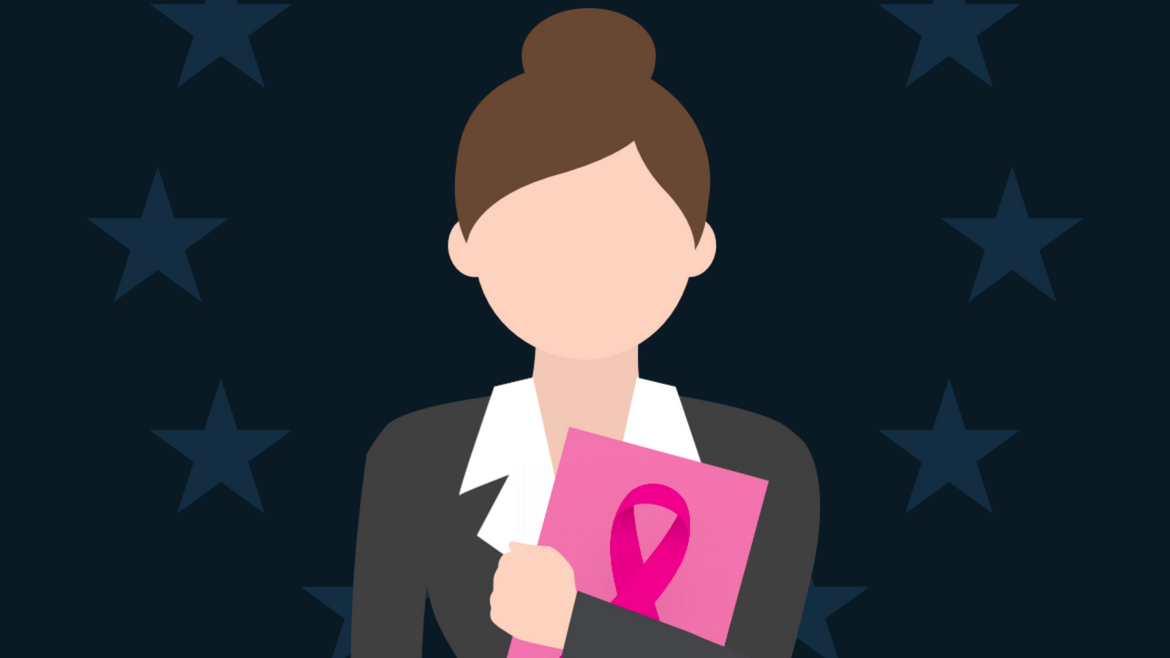Healthcare systems in Europe have slowly transformed breast cancer from a fatal condition into a (frequently chronic) disease. This transformation, while greatly welcome, has brought in its wake a growing societal challenge. An increasing number of female breast cancer patients and survivors of working age are capable of returning to employment and wish to do so.1 Not all of them succeed, however, and not simply for medical reasons. Breast cancer creates psychological and economic stress for the women directly involved, but it also impacts society as a whole. For cancer overall, one academic study put the combined cost to Europe of sick leave, underemployment and unemployment caused by cancer at €9.4bn (US$11.1bn) annually. Although detailed data are not available, breast cancer, the most common female form of the disease in Europe, inevitably exacts a notable part of that toll. This large human and economic cost looks set to increase as more cancer patients live longer, creating pressing societal challenges that a range of relevant actors will need to address.
The road to a better normal: Breast Cancer patients and survivors in the EU workforce
Download WhitepaperHealth
The road to a better normal: Breast Cancer patients and survivors in the EU workforce
Aviva Freudmann
Contributor
Aviva has nearly 40 years of experience as a journalist, researcher and editor covering a variety of industries, including healthcare, financial services, insurance and risk management, transport, logistics, energy and environmental protection.
The rate at which breast cancer patients and survivors return to work is highly uneven, suggesting substantial room for improvement.







